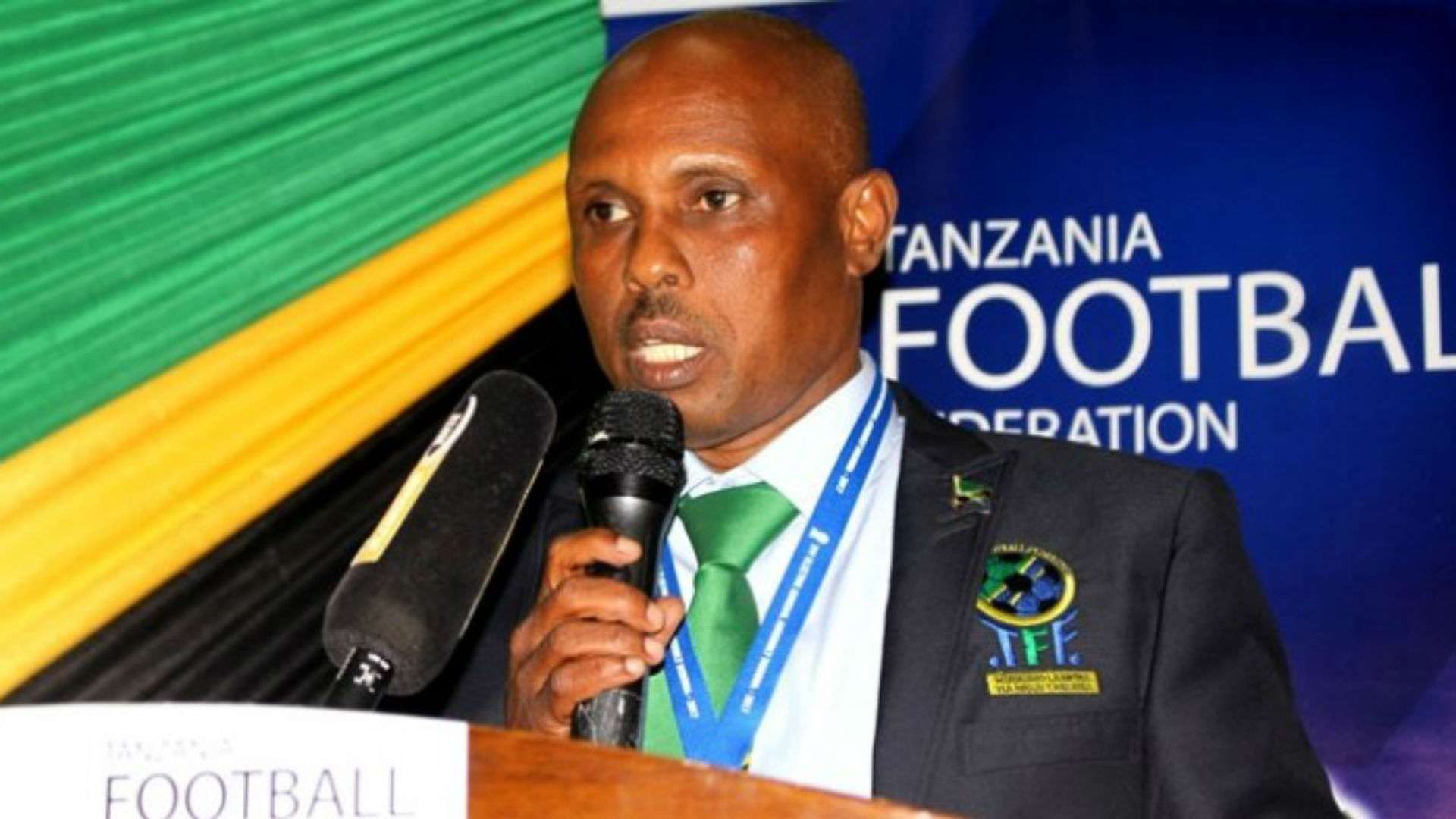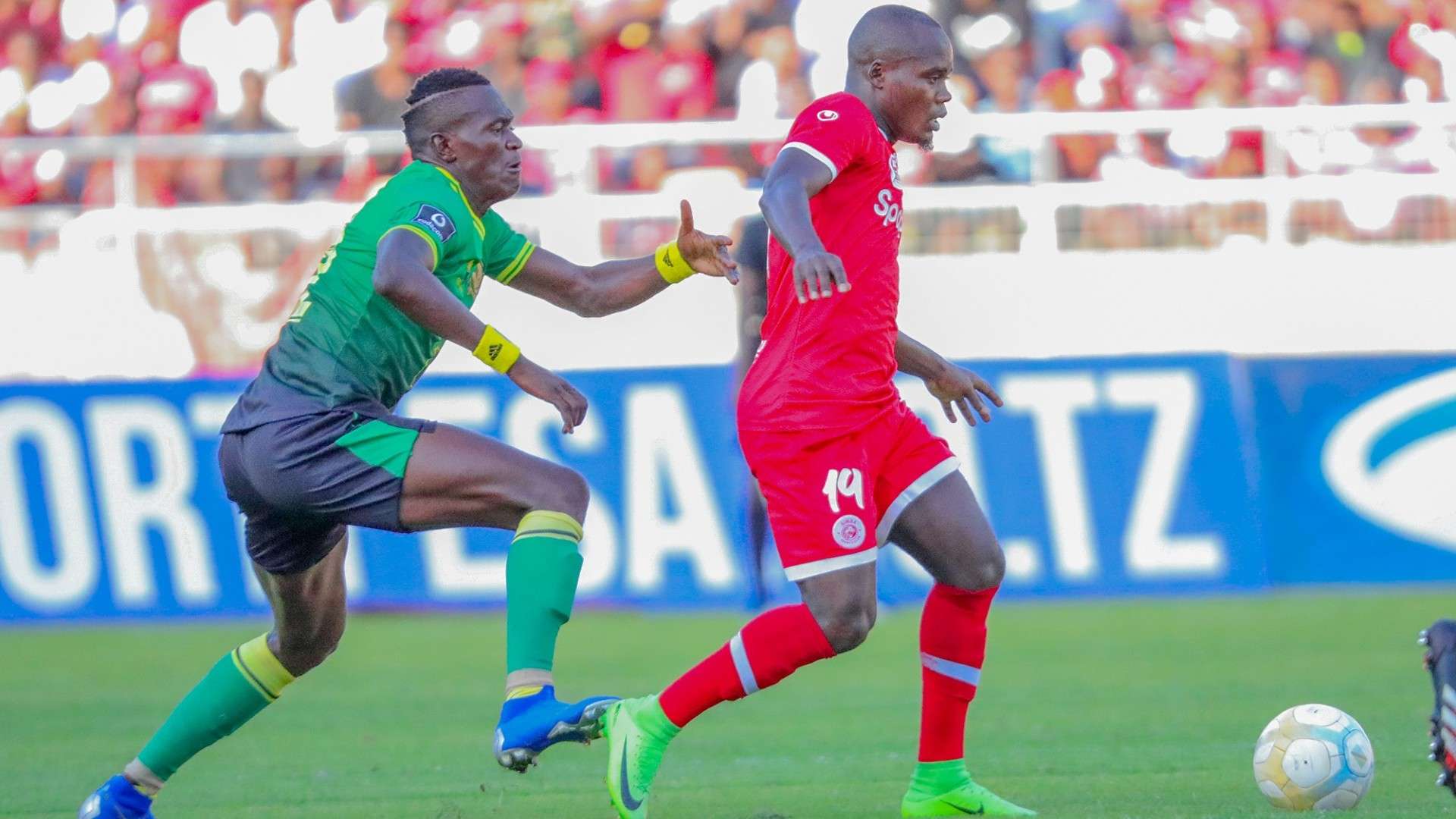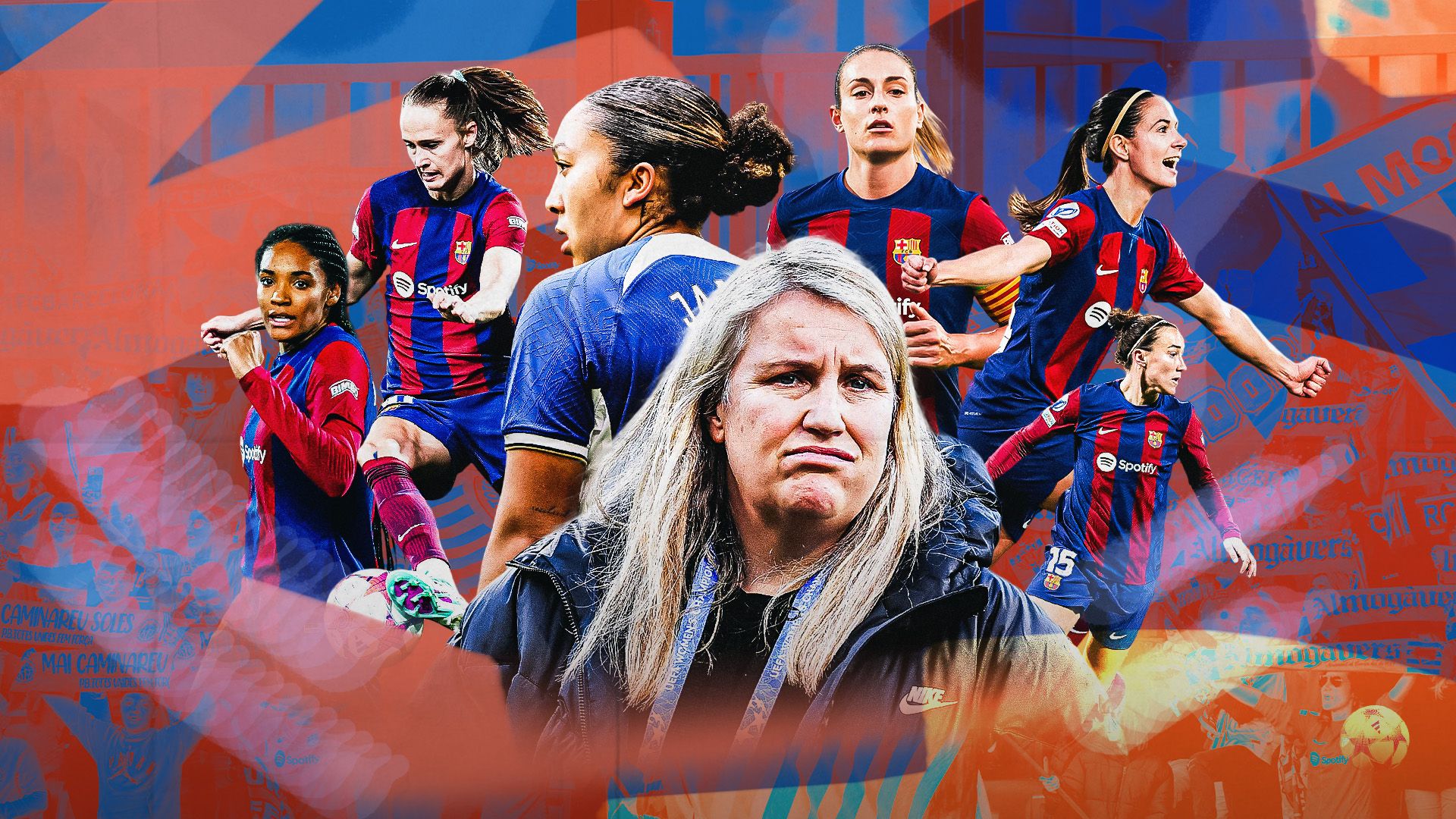Tanzania Football Federation has come out to state that any team that will not have met club licensing requirements will be kicked out of next season's Mainland Premier League.
The federation’s President Wallace Karia, has emphasised no club will be allowed to participate in the top-flight for the new season if they are in debt, stressing the club licensing process will be adhered to.
What did he say?
“A club that will have debt, even if they have won the league title, they will not be allowed to participate in the same league next season if they are indebted,” Karia told Goal during the signing of a television broadcasting rights agreement with Azam Media in Dar es Salaam on Tuesday.
How does it concern Simba and Yanga?
Should this rule be enforced, some major league clubs, including Simba and Yanga, may find themselves restricted by the same due to high debts they owe current and former players.
For instance, on February 8, the world governing football body Fifa banned the Jangwani faints from signing players for the next three seasons after they failed to pay their former player Amisi Tambwe.
 Daily News.
Daily News.
The Burundian striker sued Yanga after they failed to pay him Tsh43.5m accrued from sign-on fees and salaries after his unceremonious exit from the Jangwani giants at the end of 2018-19 season and the case is yet to be settled.
Recently, Biashara United was criticised by some of its players for failing to pay them on time, while former Gwambina FC coach, before joining Mtibwa Sugar, Ali Badru was quoted by the media as complaining about not being paid his dues by the struggling giants.
Simba, meanwhile, have entered the fray, after former head coach Sven Vandenbroeck allegedly filed a lawsuit against Fifa seeking compensation for bonuses after he left the team early this year.
What is entailed in club licensing?
The global objectives of the club licensing procedure were defined by Fifa during its congress which was held in Munich in 2006 and the Fifa Executive Committee adopted the Fifa Club Licensing Regulations on October 29, 2007, and it came into force on January 1, 2008.
 Goal Tanzania
Goal Tanzania
The Caf club Licensing Regulations were approved on January 19, 2012, and came into force effective March 1, 2012.
The main objectives of club licensing procedure include promoting and improving the quality and the level of all football aspects in Africa; ensuring that clubs have the appropriate infrastructure, knowledge, and application in respect of management and organization; adapting and improving the clubs sporting infrastructure; improving the economic and financial capacity of the clubs, through proper corporate governance and control.
Other objectives are ensuring and guaranteeing the continuity of the international competitions of clubs during the season; and allowing the parallel development and comparison amongst clubs by ensuring the necessary compliance in terms of financial, sporting, legal, administrative, and infrastructure criteria.



.jpg?auto=webp&format=pjpg&width=640&quality=60)
.jpg?auto=webp&format=pjpg&width=640&quality=60)